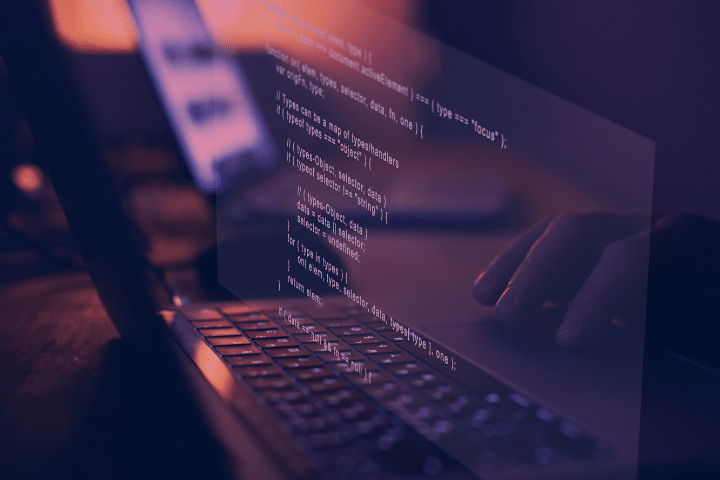The Covid-19 pandemic accelerated a process that was projected to be implemented over the next 5 years: remote work.
In this push, thousands of companies adapted their employees to work from home, without the physical supervision of managers.
And guess what? This tactic actually worked!
In fact, remote work won’t be limited to just this period of health containment.
Many companies will continue to have some employees working remotely, even on certain days of the week.
In this scenario, we are entering a new era in the job market, the hybrid model.
However, addressing all the specificities of remote work within the context of information security and accessibility is still a challenge.
After all, it is necessary to make data available both in the office and in remote work locations.
So, what about data security at this point?
Continue reading this article and better understand how the dynamic between the hybrid model and remote security works in practice!
What is hybrid work?
The hybrid model is no longer a novelty and has ceased to be a trend for the future, now being a reality for many companies.
With the easing of health measures, organizations began to alternate the presence of employees in the offices.
Thus, the days in the office and the days working from home alternate during the week.
It’s clear that organizations would adapt to this practice, with the assistance of a software development company, as they saw it would be advantageous in some way.
Therefore, the adoption of the hybrid model attracts attention for several economic advantages, such as reduced costs for transportation, meals, and the rental of smaller offices, for example.
As a result, it’s possible to maintain team integration dynamics on some days of the week, while the team can enjoy some days in the comfort of their own homes.
Information security in remote work
What initially seemed unfeasible is now a reality.
Remote work has become one of the best alternatives to combine employee productivity with less commuting stress.
However, there are some challenges to overcome on this journey, and one of the main ones is remote security.
We already have some completed studies and others in progress about this new reality, and the company ManageEngine conducted a survey on the subject.
According to this study, 63% of respondents reported that their organization provided a corporate device to use while working remotely.
Of this group, 37% of respondents also say that there are no restrictions for these corporate devices.
In other words, it’s clear how online activities can pose a risk to information security.
After all, without restrictions and oversight from the IT team, employees may visit unsafe websites, share information, and download malicious software.
In this same survey, other alarming numbers were also found.
About 79% of respondents experience at least one technology problem weekly while working from home.
Of this number, 25% state that they were having reliability issues with their connection.
Even in this scenario, IT support is constantly present, a department of extreme importance for the proper functioning of this modality.
Thus, the survey expresses that 75% of respondents say it has been easy to communicate with their IT teams to resolve these issues.
Conclusion on the hybrid model
Well, it’s clear that there are limitations to the hybrid work model, but these challenges can be overcome with the adoption of more suitable tools.
Therefore, if you wish to implement the hybrid model in your company, rely on a software company that prioritizes information security.
Always remember that the assistance of a software factory and better user practices can save your company.
If your bottleneck lies in technology, count on Ubistart to help you on this mission!
We develop customized solutions tailored to the needs of various market sectors, including software companies, corporate sectors, and industrial fields.
Get in touch with us so we can understand your needs and assist in building your solution!




